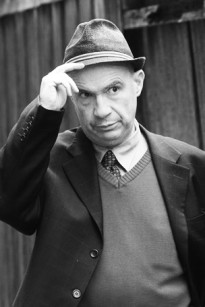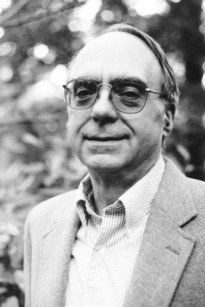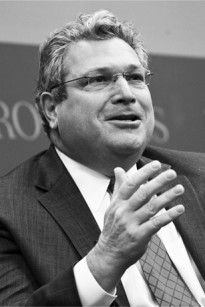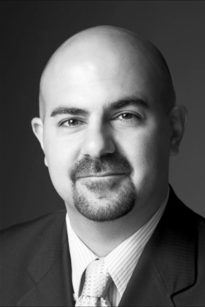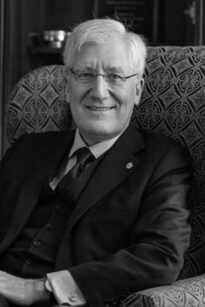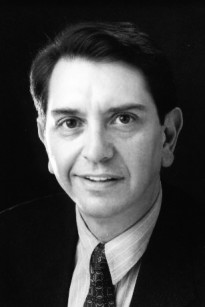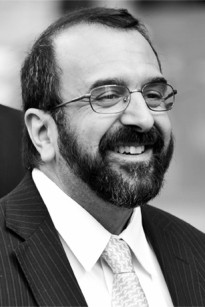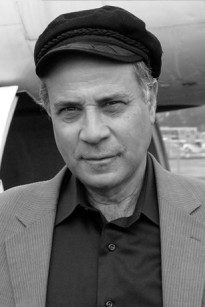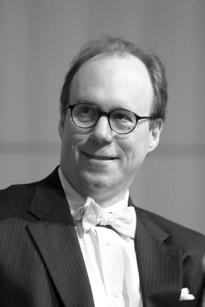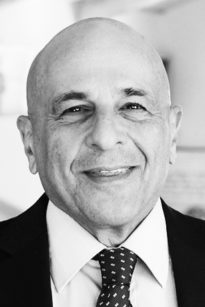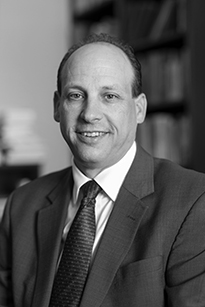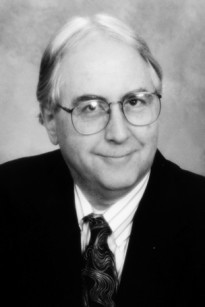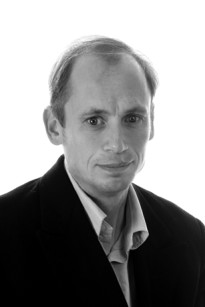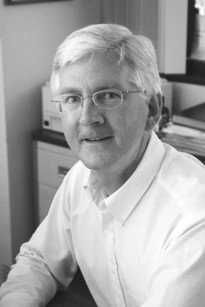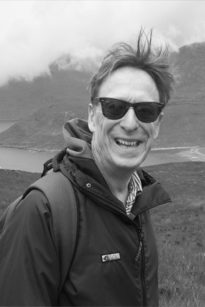Free shipping on all orders over $40
Authors
Robert J. Stove
Robert J. Stove lives in Melbourne, Australia. His articles-mostly on European political and cultural history-have appeared in National Review, The New Criterion, and The American Spectator. His first book was Prince of Music (1990), a study of the sixteenth-century composer Palestrina.
Robert K. Landers
Robert K. Landers is a senior editor at the Wilson Quarterly. He has worked as a reporter or editor at the “Providence Journal,” the Philadelphia Inquirer, the New Haven Journal-Courier and the Register of Torrington, Connecticut. He lives with his wife, Susan, in Arlington, Virginia.
Robert Kagan
Robert Kagan is a senior fellow in the Project on International Order and Strategy in the Foreign Policy program at Brookings.
Robert L. Shibley
Robert L. Shibley is executive director of the Foundation for Individual Rights in Education (FIRE). A native of Toledo, Ohio, he is a graduate of Duke University and Duke University School of Law.
Robert P. George
Robert P. George is McCormick Professor of Jurisprudence and Director of the James Madison Program in American Ideals and Institutions at Princeton University. He is a recipient of the U.S. Presidential Citizens Medal and Princeton University’s President’s Award for Distinguished Teaching. He is Of Counsel to the law firm of Robinson & McElwee and a member of the Council on Foreign Relations.
Robert Royal
Robert Royal is president of the Faith & Reason Institute in Washington, D.C. Among his books are 1492 and All That: Political Manipulations of History and The Virgin and the Dynamo: The Use and Abuse of Religion in Environmental Debates.
Robert Spencer
Robert Spencer is the director of Jihad Watch, a program of the David Horowitz Freedom Center, and the author of fifteen books.
Robert Zubrin
Robert Zubrin is the author of several highly successful books, including Energy Victory, a powerful and hugely popular work on achieving energy independence, and The Case for Mars, a 100,000-copy bestseller on space exploration and the human future.
Roger Kimball
Roger Kimball is President and Publisher of Encounter Books and Editor and Publisher of The New Criterion. He writes regular columns for American Greatness, The Epoch Times, and The Spectator, US edition.
Roger L. Simon
Roger L. Simon made his living writing novels and screenplays before he took the New Media plunge as co-founder and CEO of the pioneering blog aggregation and news and opinion website PJ Media (formerly Pajamas Media) in 2005. In books, he is best known for his series of the eight Moses Wine detective novels, which have been translated into over a dozen languages and won prizes from the Mystery Writers of America and the Crime Writers of Great Britain. The first Moses Wine novel was The Big Fix, made into a film starring Richard Dreyfuss for which Simon wrote the screenplay, bringing him to Hollywood.
Ronald J. Pestritto
Ronald J. Pestritto is Graduate Dean and Professor of Politics at Hillsdale College, where he teaches political philosophy, American political thought, and American politics, and holds the Charles and Lucia Shipley Chair in the American Constitution.
Ronald Radosh
Ronald Radosh was the first writer to establish the guilt of Julius Rosenberg in his bestselling The Rosenberg File. He is also the author of several other books including Commies: A Journey Through the Old Left, the New Left and the Leftover Left.
Ross Clark
Ross Clark is a journalist who has written extensively for the Times of London, the Sunday Telegraph, the Mail on Sunday, and The Spectator. He is the author of How to Label a Goat: The Silly Rules and Regulations That Are Strangling Britain and The Great Before, a satire on the anti-globalization movement.
Roy W. Spencer
Roy Spencer is a principal research scientist for the University of Alabama in Huntsville. In the past, he served as Senior Scientist for Climate Studies at NASA’s Marshall Space Flight Center in Huntsville, Alabama. Dr. Spencer is the recipient of NASA’s Medal for Exceptional Scientific Achievement. He is principally known for his satellite-based temperature monitoring work, for which he was awarded the American Meteorological Society’s Special Award. He Lives in Huntsville, Alabama.
Rupert Darwall
Rupert Darwall is a strategy consultant and policy analyst. He read economics and history at Cambridge University and subsequently worked in finance as an investment analyst and in corporate finance before becoming a special adviser to the Chancellor of the Exchequer.
